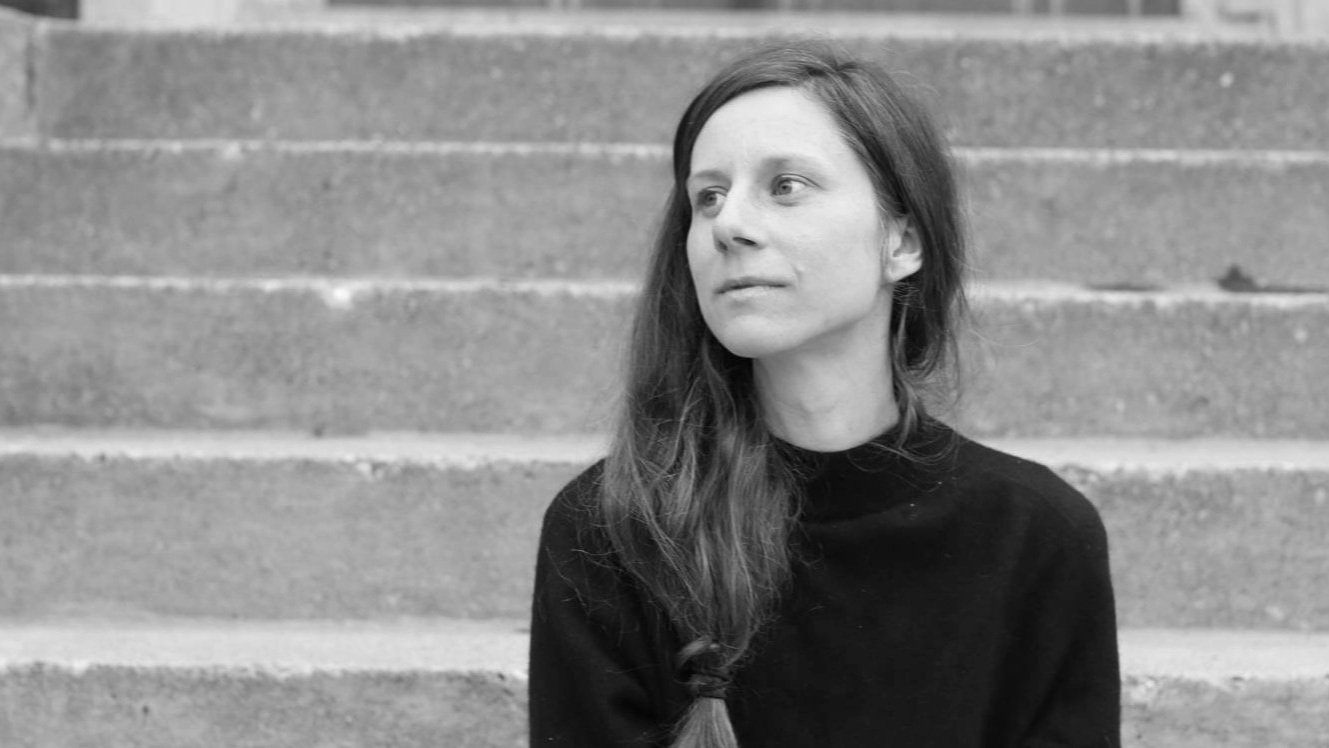Children of Paradise (2023)
Why this one?
I’m currently dipping into some tempting titles from the 2023 Women’s Prize Longlist. I think I picked this one purely because it sounded intriguing, and (always so superficial…) a it has a rather pretty cover.
Camilla Grudova (active 2014- ) is a Canadian author, who studied Art History and German at McGill University in Montreal. She currently lives in Edinburgh, Scotland, where she previously worked as an usher at a cinema (the relevance of which will shortly become clear...). She originally posted stories on Tumblr before being discovered by an editor from the London based White Review. She won several awards for her Granta-featured story "Waxy" in 2016, and published her debut book, a collection of short stories called The Doll's Alphabet, in 2017. Children of Paradise is her first novel, and alongside its publication this year she was named in Granta's decennial list of most promising young authors. ~
Thoughts, etc.
Children of Paradise (named after Marcel Carné’s 1945 French film) tells the story of Holly, a young woman just arrived in an unnamed city, who takes a job at its oldest cinema, The Paradise. The cinema is clearly a relic of a bygone age, staffed by a memorable motley crew of misfit cinephiles, barely existing on pitiful wages and whatever their customers leave behind underneath their seats (money, valuables, unidentifiable narcotics) in its one screen. Holly is a relative novice to the world of the cinema, and initially an outsider. She soon becomes accepted by her fellow employees, and begins to live their life of seemingly 24/7 film viewings, subsisting on pilfered booze, popcorn, dubious nachos and those even more dubious abandoned drugs. She begins to have regular encounters with a fellow employee, Paolo, though later discovers that this was merely par for the course - everyone is sleeping with everyone else at the Paradise.
When the ever=present and ancient owner Iris dies in a toilet cubicle at the cinema, her children sell the venue to a corporate chain of cinemas. A new manager, Andrew, is brought in, and with him a new way of working, new orange uniforms, and a zero tolerance policy to virtually everything that went before him. As the cinema goes further downhill, Holly lives an increasingly unhealthy lifestyle and strange things begin to happen. Reality and fantasy start to become indistinguishable and, on the night of a horror all-nighter, the cinema itself begins to feel like a house of horrors.
I found this one a really intriguing read. I never quite got a sense of where it was going, but was absorbed by its sleazy glamour and generally unsettling atmosphere. It’s populated by memorable characters, all outsiders who you sense would struggle to exist anywhere but the Paradise. The cinema itself at once rooted in a harsh reality - that of a passion-fuelled, once glamorous part of the film industry now in terminal decline, overtaken by the demands of capitalism; and a kind of emblematic no-place, an otherworldly liminal space that seems to represent the world of cinema itself.
Its precise location is never disclosed, and nor is the time period (while it’s certainly in the last few decades, it flits between dropping a bucketful of references that seem to place it in the late twentieth century and then dropping other clues that it’s actually much more recent). The latter actually felt slightly less deliberate and successful than the former, as I was occasionally distracted by the wealth of slightly contradictory contemporary indicators.
Each short chapter is titled with reference to a classic film, all of which feel extremely tastefully selected. I’m not a massive cinephile and therefor have seen very few of the referenced movies. Some of the titles’ references are straightforward - either directly referencing films being shown or discusssed at the Paradise or having a fairly direct relevance. Others are more oblique - though Grudova has said in interviews that there are references to those films contained within each chapter, some of which would only be obvious to those who know the films very well. This could really elevate the read for those who really know their stuff about films.
It’s probably not for everyone: it’s occasionally explicit in its depictions of various bodily fluids, violent events and other illicit activities, and it’s also the kind of book that’s in thrall to the darker side of life. There’s little in the way of hope, optimism or redemptive growth in this novel. Some will love that (it certainly appealed to a certain side of my taste); others definitely won’t. But that’s what makes it interesting, I guess.
If I have any criticism, it’s maybe that I would have liked it to lean even further into that darkness, and especially the blurring of reality and fantasy that happens towards its conclusion. It’s a really memorable book in large part due to the atmosphere it builds, but I feel that the last section did a lot of the heavy lifting and the first half or two thirds felt more like scene-setting, giving it a slightly unbalanced feel overall.
Score
8
I wrote this just after the shortlist was revealed, but I genuinely would have been hugely surprised to see it on there (it isn’t), for a number of reasons. Mainly, I think it’s just that little bit too much of a delightful oddity to have been a shoo-in for a major award nod, though that’s no bad thing from my perspective. I’m glad I squeezed this one in before the announcement, as I would have missed out on meeting a really intriguing new author if I hadn’t. I’ll definitely be looking out for her future work with great interest.
Next up
As luck would have it, I’d just started Demon Copperhead, and (admittedly to the surprise of pretty much no-one) that one is on the shortlist.


